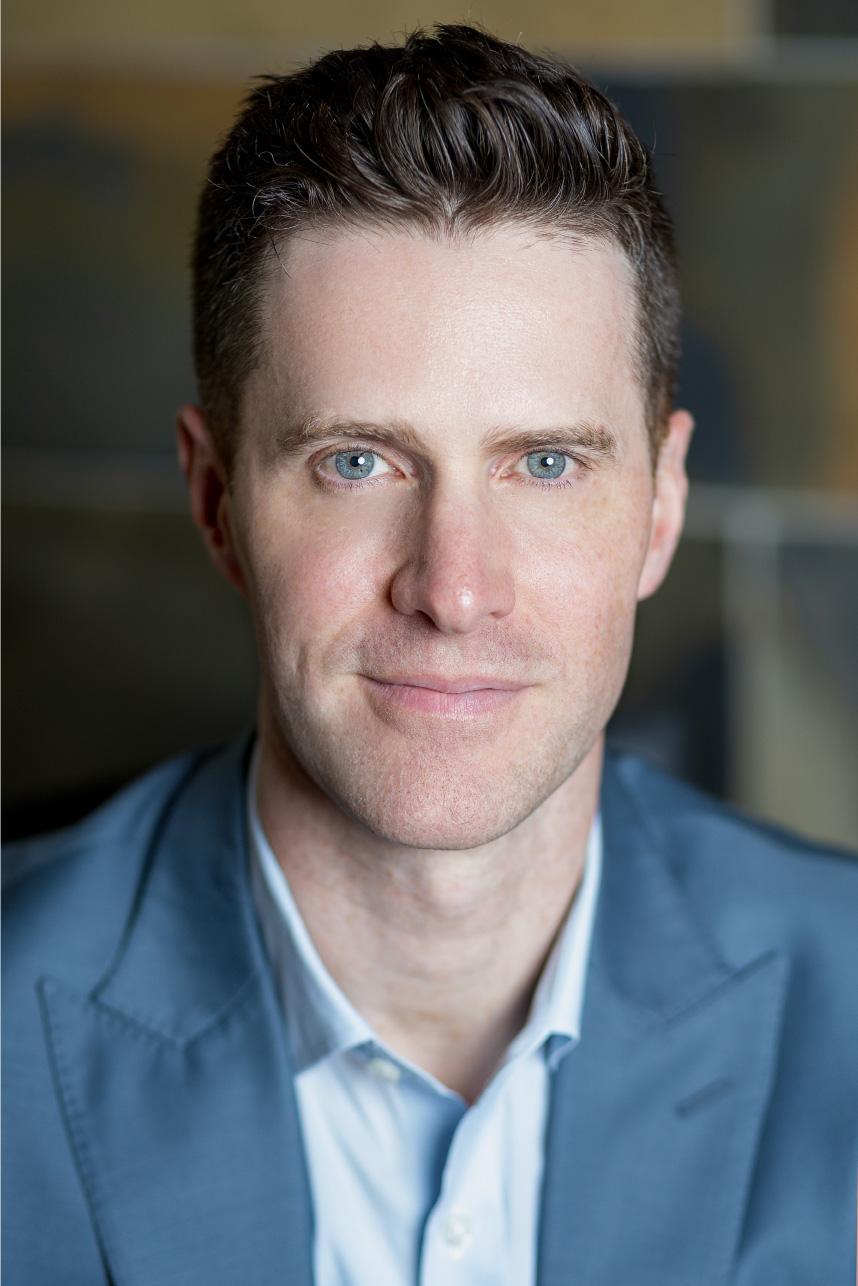
David Thompson
Partner
Contact Information
(705) 722-4400
dthompson@chcbarristers.com
Assistant:
Heather Dalton
(705) 722-4400 ext. 222
hdalton@chcbarristers.com
Law Clerk:
Andrea Lummis
(705) 722-4400 ext. 234
alummis@chcbarristers.com
In Fonseca v. Hansen et al, released April 26, 2016, the Court of Appeal has provided further clarification on what type of communication is appropriate between counsel and an expert witness. One of the questions on appeal was whether the trial judge erred by failing to instruct the jury that pre-trial communication between the appellant’s counsel and an expert witness was not a proper basis on which to reject the expert’s testimony.
Closing a Loophole on Communicating with Expert Witnesses
The Fonseca trial took place after the trial decision in Moore v. Getahun had been released but before its appeal had been argued. In Moore the Court of Appeal rejected the trial judge’s position that it was not appropriate for counsel to consult with expert witnesses to review draft reports.
In the Fonseca trial, respondents’ counsel questioned the appellant’s expert Dr. Anton on conversations he had with appellant’s counsel prior to drafting his report. Dr. Anton was unable to recall any details of conversations he had with appellant’s counsel but denied that those discussions would have affected his opinion. Respondents’ counsel referred to these discussions in his closing address, suggesting that appellant’s counsel’s reason for speaking with Dr. Anton was that he was trying to hide evidence.
After submissions on the jury charge, counsel reached an agreement on the jury charge as it related to Dr. Anton. The trial judge simply summarized Dr. Anton’s evidence on how often he had conversations with counsel prior to authoring a report and how this never affected his opinion.
On appeal, appellant’s counsel argued that the trial judge erred by failing to instruct the jury that they could not rely on the discussions between counsel and Dr. Anton as a basis for rejecting Dr. Anton’s evidence.
The respondents attempted to distinguish this case from Moore with the argument that while Moore allows for review of an expert’s draft report before delivering the final report, it is inappropriate for counsel to communicate with an expert before any report is prepared or the plaintiff is assessed.
The Court of Appeal rejected the respondents’ argument, referring to what it described as the “built-in safeguards of the adversarial system” set out in Moore. These safeguards include ethical and professional standards that govern both lawyers and expert witnesses, as well as the tool of cross-examination.
The court then criticized respondents’ counsel’s method of cross-examination at trial:
Mr. Kirby was on a fishing expedition asking questions that on the facts of the case he had no business asking. They were improper and should not have been permitted.
Despite this, the court dismissed this ground of appeal because appellant’s counsel did not maintain his objection over this line of questioning and he did not request that the jury be charged that they should disregard the improper questions. Further, the court was not persuaded that the jury rejected Dr. Anton’s evidence.
Analysis
The Fonseca decision closes off a potential loophole to litigation privilege as it relates to communication with experts. Counsel are free to communicate with their experts at any point prior to trial under the protection of litigation privilege.
Fonseca also seems to further limit cross-examination on communication between counsel and experts. The court’s characterization of respondents’ counsel’s questions as a fishing expedition raises the question of whether counsel will be permitted to ask about when and how many conversations took place between opposing counsel and their expert. In neither Moore nor Fonseca did such questioning reveal any foundation for bias, but in other circumstances it might, for example whether the time the expert spent with counsel was disproportionate to the time he or she spent drafting the report. Would counsel be permitted to ask the expert what proportion of his or her income was derived from working for this particular counsel?
The court in Fonseca gave an example of a cross-examination question that would be appropriate:
…counsel never did address the issue head-on and ask the Doctor directly whether his opinion had been in any way influenced by his discussions with appellant’s counsel.
Is this the only appropriate question on expert bias? If the expert answers “no” then would no other questions on bias be permitted? If Fonseca is interpreted this way, then meaningful cross-examination on expert bias might only occur in rare circumstances, such as when opposing counsel accidentally discloses a document that might indicate bias. It remains to be seen whether the pendulum on this issue has swung from one extreme to the other and whether lower courts will find a way to maintain the “safeguard” of cross-examination on expert bias.

Recent Comments